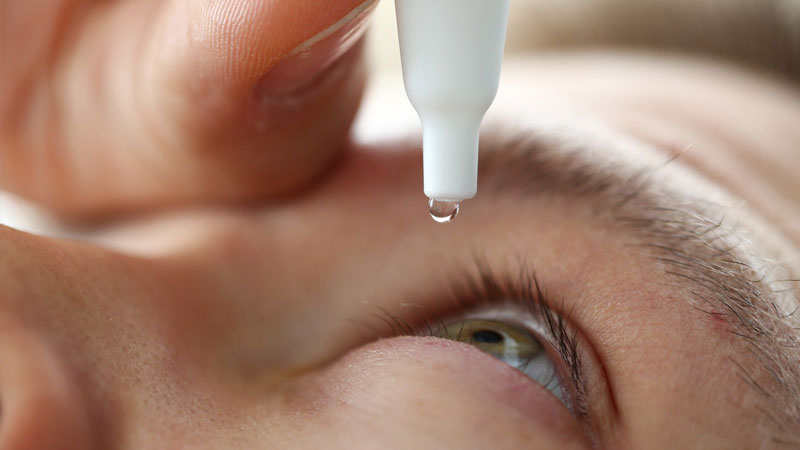If you’ve ever smoked a joint, chances are you’ve been exposed to the word “cannabinoid.” It’s likely because of the intense buzz that is created by smoking cannabis; however, the word has a much deeper meaning than just referring to marijuana. The 113 identified cannabinoids found in cannabis have a wide range of effects on people and animals. Research shows that many of these compounds can help treat or manage many illnesses, including diabetes, asthma and depression. In this article, we explore some of the surprising benefits of cannabis and outline its potential as a treatment for various medical conditions. From epilepsy to chronic pain, read on to learn more about how this popular plant can help heal your body from the inside out.
Cannabis for Diabetes
Diabetes is a metabolic disease that occurs when the body is unable to properly produce or process insulin. Insulin is a hormone that is critical to regulating blood sugar levels. When someone has diabetes, the pancreas produces insulin, but the body doesn’t respond correctly; this causes a buildup of blood glucose, or sugar, in the bloodstream. The most common type of diabetes is Type 1, an autoimmune disorder in which the pancreas is unable to produce insulin. Type 2 diabetes, meanwhile, is caused by an unhealthy diet and lack of exercise. While there are a variety of dietary supplements and therapies available to manage diabetes and prevent further health complications, many people rely on cannabis to treat symptoms. Research has found that cannabis can improve blood sugar levels and reduce the risk of type 2 diabetes, especially in people with prediabetes. What’s more, the plant is a natural source of insulin for people with diabetes.
Cannabis for Depression
Major depressive disorder (MDD) is a mood disorder that affects more than 16 million Canadians each year. It’s characterized by sadness, lethargy and a decreased interest in activities that once brought pleasure. The exact causes of depression are unknown, but research suggests that genetics and life experiences play a role. Certain aspects of your environment, like a recent negative life event, can also trigger a depressive episode. There are a variety of treatment options for depression, including psychotherapy, antidepressant medications and natural remedies. However, a number of studies have found that consuming cannabis can effectively combat symptoms of the condition.
Cannabis for Epilepsy
Epilepsy is a condition characterized by recurring seizures. These seizures can occur at any time, even during sleep, and affect both children and adults. There are two main types of epilepsy: idiopathic epilepsy—in which no cause can be found and symptomatic epilepsy—in which the seizures are caused by a medical condition. Some people with epilepsy report reduced symptoms when they consume cannabinoids. This could be due to the fact that these compounds have anticonvulsant properties that can help reduce the severity of seizures. If epilepsy is the cause of your symptoms, consuming cannabis could have a positive impact on your health. While marijuana is considered a “cure” for epilepsy in many cases, it is important to note that this is not the case for everyone. Only about 30 percent of people with epilepsy report any improvement in seizure frequency when taking cannabis.
Cannabis for Glaucoma
Glaucoma is a group of eye disorders characterized by the increased pressure inside the eyeball. This can result in visual loss, blindness or both. There are two main types of glaucoma: primary and secondary. Primary glaucoma is associated with an increase in the pressure inside the eye that damages the optic nerve, while secondary glaucoma occurs when the eye is damaged. The best way to treat glaucoma is with medical eye care, including medications and laser treatment. However, many people use cannabis to manage their symptoms. A study found that people with glaucoma reported better symptoms when they consumed cannabis. Some people even reported that cannabis slowed the progression of glaucoma. This plant could be a promising treatment option for people with glaucoma. However, before diving into the pot, speak with your doctor to ensure that it’s safe for you.
Cannabis for Parkinson’s and Alzheimer’s Disease
Parkinson’s disease is a progressive neurological disorder that affects nearly one million people worldwide. Symptoms include tremors, muscle stiffness, balance issues and difficulty swallowing. One of the most exciting potential uses of cannabis is as a treatment for Parkinson’s disease. In recent years, researchers have uncovered a wealth of new information about the plant’s powerful therapeutic properties. For starters, the plant contains chemicals that reduce inflammation, which could help reduce the damage caused by the toxins found in people with Parkinson’s. Other benefits of cannabis for Parkinson’s patients include improving muscle control, treating depression, improving sleep and reducing pain. Other conditions that could potentially benefit from the use of cannabis include Alzheimer’s disease, post-traumatic stress disorder, epilepsy and multiple sclerosis.
Cannabis for Other Conditions
Beyond managing the symptoms of various conditions, research shows that consuming cannabis can also improve your health. Studies suggest that the plant can reduce the risk of diabetes, boost your sex drive, enhance your immune system and even protect your heart.
Conclusion
Cannabis is a powerful substance that can improve your health and help you live a longer and happier life. However, it’s important to remember that cannabis is not a miracle cure; rather, it is a useful tool to be used alongside other treatments.



























